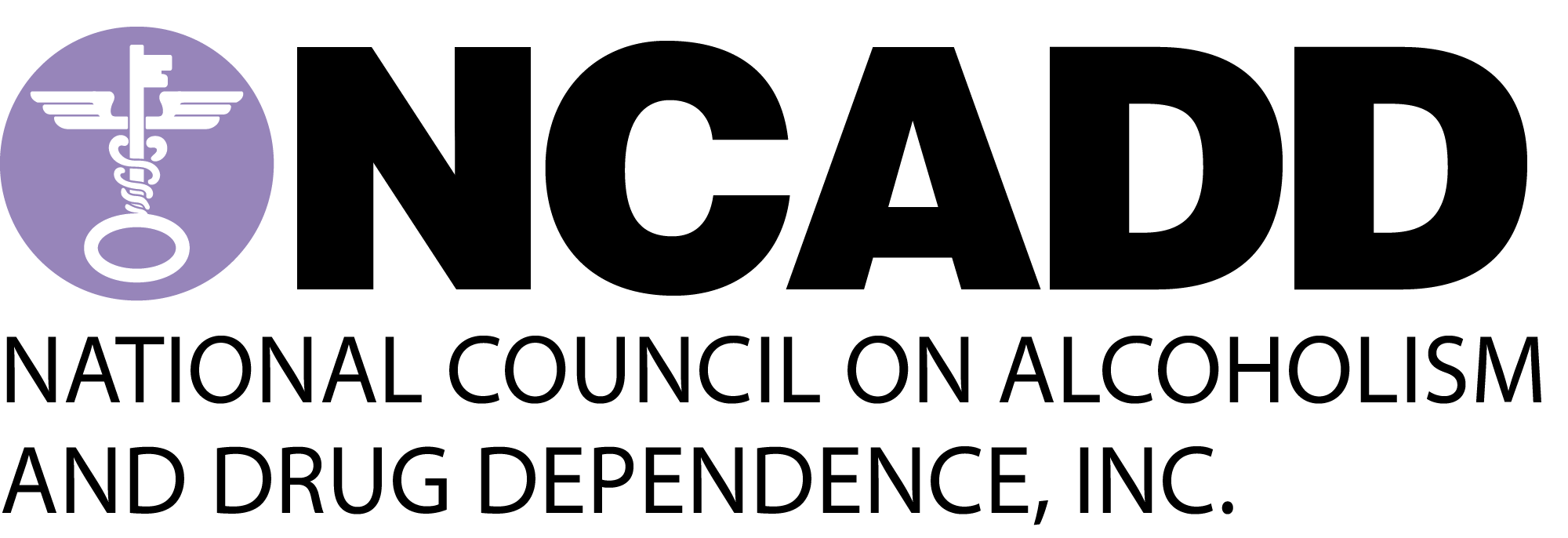NCADD National Addresses Concerns on Non-Alcoholic Drinks and Their Impact on Recovery
Washington, D.C. – July 16, 2024 – The National Council on Alcoholism and Drug Dependence (NCADD) National Executive Director Denise L. Kolivoski, MBA, has responded to a recent media inquiry about the potential risks associated with
non-alcoholic drinks, particularly for individuals in the early stages of recovery from substance use disorders.
“Non-alcoholic (NA) drinks, while lacking the intoxicating effects of alcohol, can still pose significant risks for those in early recovery,” stated Kolivoski. “For some individuals, the ritual of drinking and the familiar taste can serve as a trigger, potentially leading to recurrence. It’s a decision that should be made carefully and ideally under the guidance of a recovery support team.” NCADD advocates for clear labeling at restaurants on the products so consumers can make informed decisions.
“Companies marketing non-alcoholic drinks often target younger demographics, including children, with the appeal of mimicking real cocktails. This can inadvertently normalize the act of drinking at an early age, which is a troubling trend,” Kolivoski warned. Kolivoski emphasized, “The concern lies in the potential for these drinks to perpetuate a drinking culture and create habits that could eventually lead to the consumption of alcoholic beverages.”
The 2021 National Survey on Drug Use and Health (NSDUH) reported that approximately 46.3 million people aged 12 or older in the United States met the criteria for having a substance use disorder in the past year. This includes 29.5 million individuals with an alcohol use disorder and 24 million with a drug use disorder.
The recovery movement has evolved, incorporating health and wellness-focused events and products. “The notion of recovery has changed with people, and so has the movement,” Kolivoski noted. Organizations like Zero Proof Nation offer events and resources, such as non-alcoholic bottle shops and booze-free bars, providing new ways to be in recovery beyond traditional meetings.
Last week, Kolivoski attended the inaugural Youth Recovery Expo at George Washington University, organized by Young People in Recovery, on July 9th and 10th, 2024, with about 200 or more in attendance. The expo showcased the incredible efforts of young advocates passionate about fostering recovery and resilience among their peers. “Together, we are making strides toward a brighter future for youth in recovery. There’s a movement of pride in the recovery journey, and especially young people are proudly joining the teetotal lifestyle, which are individuals who choose to avoid alcohol for various reasons such as health, religious beliefs, or personal preferences.” said Kolivoski.
NCADD advocates for a person’s choice in their recovery journey and applauds all ways to find recovery from substance use. SAMHSA, the Substance Abuse and Mental Health Services Administration, defines recovery as a process through which individuals improve their health and wellness, live self-directed lives, and strive to reach their full potential. This holistic and person-centered approach is fundamental to NCADD’s mission.
Sober bars like Sans Bar are also becoming more popular, providing safe spaces for people in recovery and those who are not. These spaces help reduce stigma and drive the recovery movement, especially among youth. Right now, a sober curious movement is taking place across the country where individuals are not necessarily sober or abstinent of alcohol but are experimenting with the concept of it for several reasons that could include reducing alcohol intake, saving money, improving their physical and mental health, losing weight, and making a lifestyle change. According to a study in 2023 by Mintel, 39% of consumers say they follow/would follow a sober curious lifestyle for physical health reasons and 29% for mental health reasons. Additionally, 71% of sober curious consumers worry about the long-term health effects of alcohol consumption.
NCADD continues to champion recovery from substance use through any means of achieving it. “For the past eighty years, our mission at NCADD has been to provide education, support, and advocacy for individuals and families affected by substance use conditions across the United States,” said Kolivoski. “We are dedicated to raising awareness and promoting understanding of substance use disorders and the recovery process. Our tradition in the spirit of our founder, Mrs. Marty Mann, the first lady of Alcoholics Anonymous, continues today.”
Quotes for Media
Denise L. Kolivoski, MBA, NCADD National Executive Director:
- “Non-alcoholic drinks may not intoxicate, but they can be a gateway to the culture and habits of drinking, especially for those in early recovery.”
- “The ritual and taste of non-alcoholic drinks can serve as a trigger for recurrence in individuals who are still vulnerable in their recovery journey.”
- “Our goal is to ensure that all individuals and families have access to accurate information and quality treatment for substance use disorders.”
- “We advocate for a mindful approach to marketing and consumption of non-alcoholic beverages to prevent the normalization of drinking behaviors among children and young adults.”
- “We support the recovery movement in any form that helps individuals in their journey, whether through traditional or innovative means.”
For more information, visit NCADD National, follow us on Facebook, email us at in**@***********al.org, or call 667-262-2869.
About NCADD National
Established in 1944, the National Council on Alcoholism and Drug Dependence, Inc. (NCADD) provides education, support, and advocacy for individuals and families affected by substance use disorders. With a network of affiliates across over 30 states, NCADD works to promote understanding and support for recovery.
Contact
Denise L. Kolivoski, MBA
Executive Director
NCADD National
in**@***********al.org
667-262-2869
